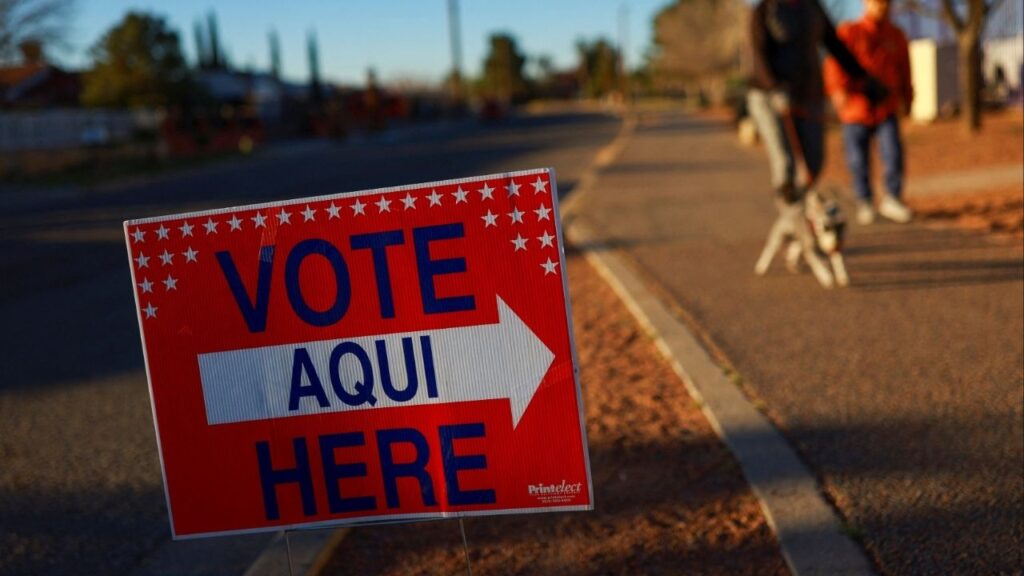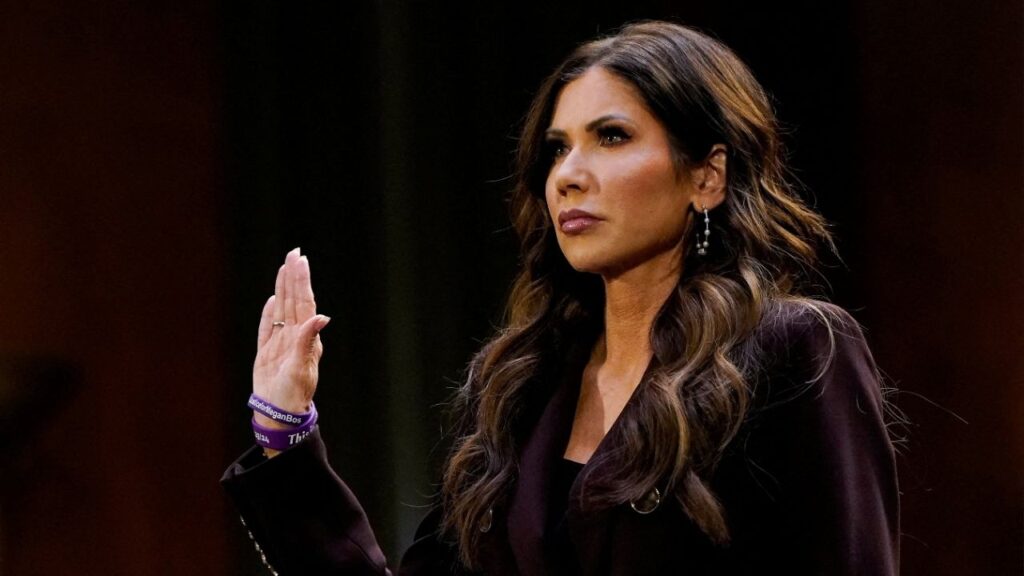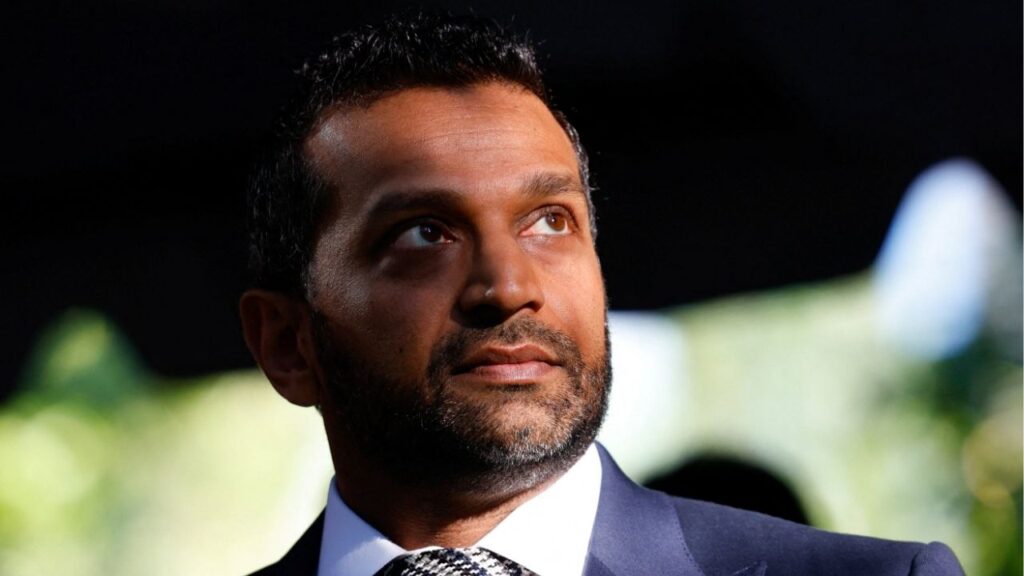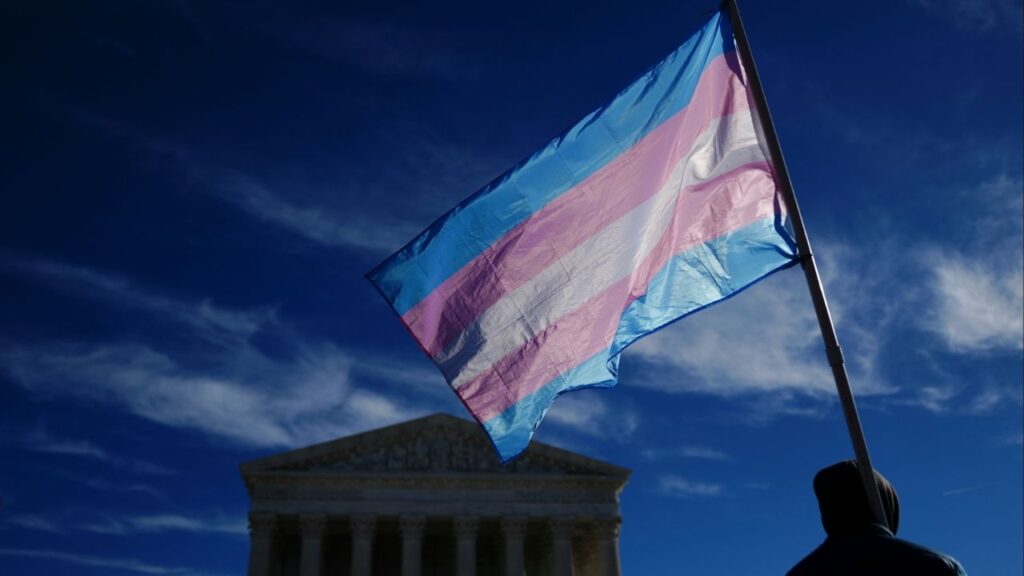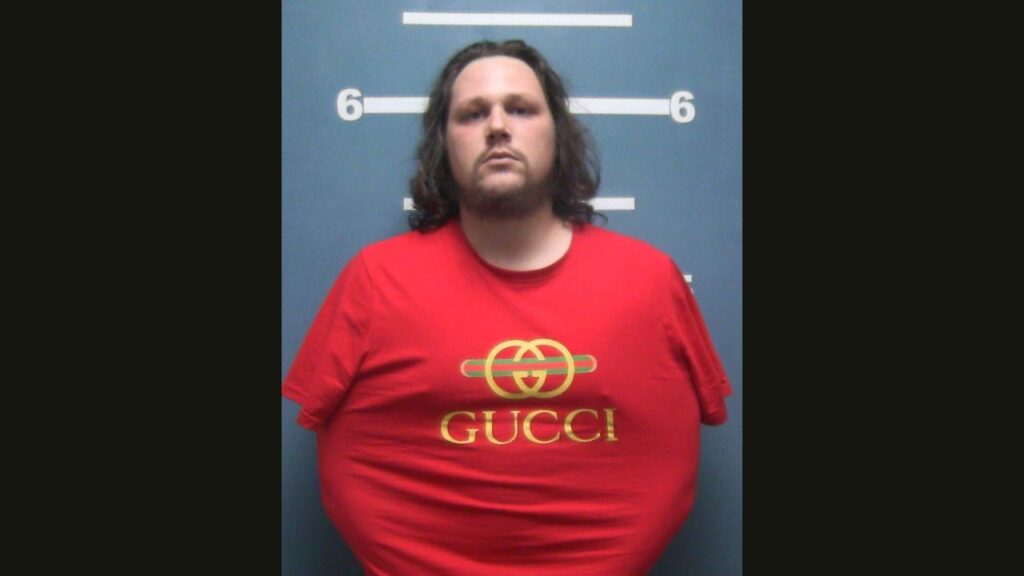Share
WASHINGTON — President Donald Trump is using “treason” rather lightly as he assails unidentified U.S. officials for investigating operatives of his campaign in 2016. There’s no allegation or even suggestion that they committed this punishable-by-death crime, if any crime at all.
Trump’s hyperbolic characterization echoed at the end of a week of unsupported assertions by the president on trade, the economy, drug prices and more. Meantime, Russian President Vladimir Putin declared inaccurately that no traces of collusion between his country and Trump’s 2016 campaign were found in the “exotic” special counsel investigation by Robert Mueller.
A recap:
Russia Investigation
TRUMP: “My Campaign for President was conclusively spied on. Nothing like this has ever happened in American Politics. A really bad situation. TREASON means long jail sentences, and this was TREASON!” — tweet Friday and retweet Saturday.
THE FACTS: It wasn’t treason. Indeed, his officials have said they have no specific evidence that anything illegal was done when the Trump campaign came under FBI surveillance that was approved by a court.
Treason only occurs when a U.S. citizen, or a non-citizen on U.S. territory, wages war against the country or provides material support to a declared enemy of the United States. Nothing of that sort has been alleged, let alone anything illegal in the surveillance.
FBI Director Chris Wray told Congress this month that he did not consider the FBI surveillance to be “spying” and that he has no evidence the FBI illegally monitored Trump’s campaign during the 2016 election. Wray said he would not describe the FBI’s surveillance as “spying” if it’s following “investigative policies and procedures.” His comments irritated Trump.
Attorney General William Barr has said he believed “spying” did occur, but he also made clear at a Senate hearing last month that he had no specific evidence to cite that any surveillance was illegal or improper.
The FBI obtained a secret surveillance warrant in 2016 to monitor the communications of former Trump campaign aide Carter Page. The New York Times also reported that the FBI used a woman posing as a research assistant to approach ex-Trump campaign adviser George Papadopoulos, who had earlier been told by a Maltese professor that Russia had “dirt” on Democrat Hillary Clinton in the form of stolen emails.
PUTIN: “However exotic the work of special counsel Mueller was, I have to say that on the whole, he has had a very objective investigation, and he confirmed that there were no traces whatsoever of collusion between Russia and the incumbent administration, which we said was absolutely fake.” — remarks Tuesday before a private meeting with Secretary of State Mike Pompeo in Sochi, Russia.
THE FACTS: Putin is wrong about the Mueller report in regards to its findings of “collusion.”
The Mueller report and other scrutiny revealed a multitude of meetings between Trump associates and Russians. Among them: Donald Trump Jr.’s meeting with a Russian lawyer who had promised dirt on Hillary Clinton.
On collusion, Mueller said he did not assess whether that occurred because it is not a legal term.
He looked into a potential criminal conspiracy between Russia and the Trump campaign and said the investigation did not collect sufficient evidence to establish criminal charges on that front.
Mueller noted some Trump campaign officials had declined to testify under the Fifth Amendment or had provided false or incomplete testimony, making it difficult to get a complete picture of what happened during the 2016 campaign. The special counsel wrote that he “cannot rule out the possibility” that unavailable information could have cast a different light on the investigation’s findings.
California Wildfires
TRUMP, on California Gov. Gavin Newsom: “Talking about forests — clean up your forests; you won’t have forest fires. Clean them up. He blames it on global warming. I said, ‘No, try cleaning the floor of the forest a little bit so you don’t have four feet of leaves and broken trees that have sit there for 25 years.’ … It’s called ‘forest management.'” — remarks to National Association of Realtors on Friday.
THE FACTS: Both nature and humans share responsibility for California’s devastating wildfires, but fire scientists say forest management is not the main contributor. And most of California’s forests are controlled by the federal government, not the state.
Nature provides the dangerous winds that have whipped the fires, and human-caused climate change over the long haul is killing and drying the shrubs and trees that provide the fuel. That’s not to say California is blameless: Urban development encroaching on wildlands also is a factor. But about 19 million or 57 percent of California’s 33 million acres of forests are managed or owned by the federal government, according to the University of California.
Last year’s wildfire that incinerated the Northern California town of Paradise and surrounding areas was the single deadliest such blaze in California history.
Another recent major fire, in Southern California, burned through shrubland, not forest.
“It’s not about forest management,” said University of Utah fire scientist Philip Dennison at the time. “These aren’t forests.”
The dean of the University of Michigan’s environmental school, Jonathan Overpeck, said Western fires are getting bigger and more severe. He said it “is much less due to bad management and is instead the result of our baking of our forests, woodlands and grasslands with ever-worsening climate change.”
Wildfires have become more devastating because of the extreme weather swings from global warming, fire scientists said. The average number of U.S. acres burned by wildfires has doubled from 30 years ago.

Drug Prices
TRUMP: “Drug prices down for first time in 51 years (& soon will drop much further).” — tweet Sunday.
TRUMP: “Drug prices have gone down for the first time in 51 years — they’ve gone down. First time in 51 years.” — remarks May 13 at White House dinner.
THE FACTS: He’s making an outdated boast. Trump appeared to be referring to recent decreases in the Labor Department’s Consumer Price Index for prescription drugs. But the index was updated this month, before Trump’s latest claims, and it showed an increase of 0.3% in April for prescription drug prices when compared with the same month last year.
The index tracks a set of medications, both brand drugs and generics.
Other independent studies point to increasing prices for brand name drugs as well and more overall spending on medications.
An analysis of brand-name drug prices by The Associated Press showed 2,712 price increases in the first half of January, compared with 3,327 increases during the same period last year. However, the size of this year’s increases was not as pronounced.
Both this year and last, the number of price cuts was minuscule. The information for the analysis was provided by the health data firm Elsevier.
An analysis by Altarum, a nonprofit research and consulting firm, found that in 2018, spending on prescription drugs was one of the main factors behind a 4.5% increase in U.S. health spending. Spending on prescription drugs grew much faster than in 2017, according to the study.
Economist Paul Hughes-Cromwick of Altarum, said he expects drug prices will continue to creep up.
“I would be quite surprised if by July the annual rate doesn’t return to a more normal 2%-4% growth,” said Hughes-Cromwick.
Jobs
TRUMP: “And after years of stagnation, wages are rising fast, with the quickest growth for blue-collar workers. The best statistic of all — and people don’t know. … The blue-collar worker has the biggest percentage increase of anybody … These things didn’t just happen by accident. They happened because we are taking out this power out of Washington.” — remarks to real estate group Friday.
THE FACTS: He’s claiming credit for a trend of rising wages for lower-income blue-collar workers that predates his presidency.
Some of the gains also reflect higher minimum wages passed at the state and local level; the Trump administration opposes an increase to the federal minimum wage.
With the unemployment rate at 3.6 %, the lowest since December 1969, employers are struggling to fill jobs. Despite all the talk of robots and automation, thousands of restaurants, warehouses, and retail stores still need workers.
They are offering higher wages and have pushed up pay for the lowest-paid one-quarter of workers more quickly than for everyone else since 2015. In March, the poorest 25% saw their paychecks increase 4.4% from a year earlier, compared with 3% for the richest one quarter.
TRUMP: “Our Economy is setting records, with more people employed today than at any time in U.S. history.” — tweet Sunday.
TRUMP: “We have the most people working today than at any time in the history of our country.” — remarks to real estate group Friday.
THE FACTS: Yes, but the record workforce is driven by population growth.
A more relevant measure is the proportion of Americans with jobs, and that is still far below record highs.
According to Labor Department data, 60.6 percent of people in the United States 16 years and older were working in April. That’s below the all-time high of 64.7 percent in April 2000, though higher than the 59.9 percent when Trump was inaugurated in January 2017.
Trade
TRUMP: “We’ve been losing, for many years, anywhere from $300 billion to $500 billion a year with China and trade with China. We can’t let that happen.” — remarks Tuesday at the White House.
TRUMP: “We lost $180 billion with the European Union.” — remarks to National Association of Realtors on Friday.
THE FACTS: This is not how almost any economist would describe what is happening.
The United States does have a huge trade deficit with China, totaling $378.7 billion last year, as well as a $109 billion trade deficit with the EU. That means China and the EU exported far more to the United States than vice versa. But in return, U.S. businesses and consumers received goods and services with that money. Economists compare Trump’s take on trade deficits to a shopper going to a store and complaining they “lost” money with what they bought.
Most trade experts see trade deficits or surpluses between two specific countries as economically meaningless. China’s deficit with the United States is large in part because many goods, particularly electronics, that used to be made in different countries, typically in Asia, are now sent to China for final assembly, even though many key parts are still manufactured in countries such as Japan, South Korea and Taiwan.
That has lowered the U.S. trade deficit with those countries over the years while increasing the gap with China.
TRUMP: “Our economy is fantastic; (China’s) is not so good. We’ve gone up trillions and trillions of dollars since the election; they’ve gone way down since my election.” — remarks Tuesday.
THE FACTS: There’s not much truth to this. The U.S. economy hasn’t done as well, nor has China done as badly, as Trump says. The U.S. economy has grown at a healthy pace since Trump’s inauguration in January 2017, but not by “trillions and trillions.”
U.S. gross domestic product — the broadest measure of the country’s growth — has increased by just over $1 trillion, to $18.9 trillion, in the past two years. Those figures are adjusted for inflation. China has seen its rate of economic growth tick down slightly, from 6.7% in 2016 to 6.6% last year, according to the International Monetary Fund. That is more than twice the U.S. growth rate in 2018 of 2.9%, although mature economies such as America’s typically grow more slowly than developing countries such as China.
TRUMP: “We’re taking in, right now, hundreds of billions of dollars. We’re taking in billions of dollars of tariffs. And those tariffs are going to be tremendously — if you look at what we’ve done thus far with China, we’ve never taken in 10 cents until I got elected.” — remarks May 13 with Hungary’s prime minister.
THE FACTS: He’s wrong. The notion that the U.S. suddenly has revenue coming in from tariffs, thanks to his trade dispute, defies history that goes back to the founding of the republic. President George Washington signed the Tariff Act into law in 1789 — the first major act of Congress — and duties from imports were a leading source of revenue for the government before the advent of the modern tax system early in the 20th century. Tariffs on goods specifically from China are not remotely new, either. They are simply higher in some cases than they were before.
Tariffs are a decidedly modest portion of revenue in modern times and Trump has not changed that with the escalation of his trade fight with China. Customs and duties generated $41.3 billion in revenues last year, up from $34.6 billion in 2017 (far more than 10 cents). That $6.7 billion increase occurred in part because of the president’s tariffs. But it amounted to just 0.16% of federal spending.
Moreover, tariffs are taxes paid largely by U.S. business and consumers, not foreign countries.

Taxes
TRUMP: “We have the biggest tax cut bill in the history of our country.” — remarks to real estate group Friday.
THE FACTS: His tax cuts are nowhere close to the biggest in U.S. history.
It’s a $1.5 trillion tax cut over 10 years. As a share of the total economy, a tax cut of that size ranks 12th, according to the Committee for a Responsible Federal Budget. President Ronald Reagan’s 1981 cut is the biggest followed by the 1945 rollback of taxes that financed World War II.
Post-Reagan tax cuts also stand among the historically significant: President George W. Bush’s cuts in the early 2000s and President Barack Obama’s renewal of them a decade later.
Categories

Lebanon Sucked Deeper Into War as Hezbollah, Israel Trade Blows







